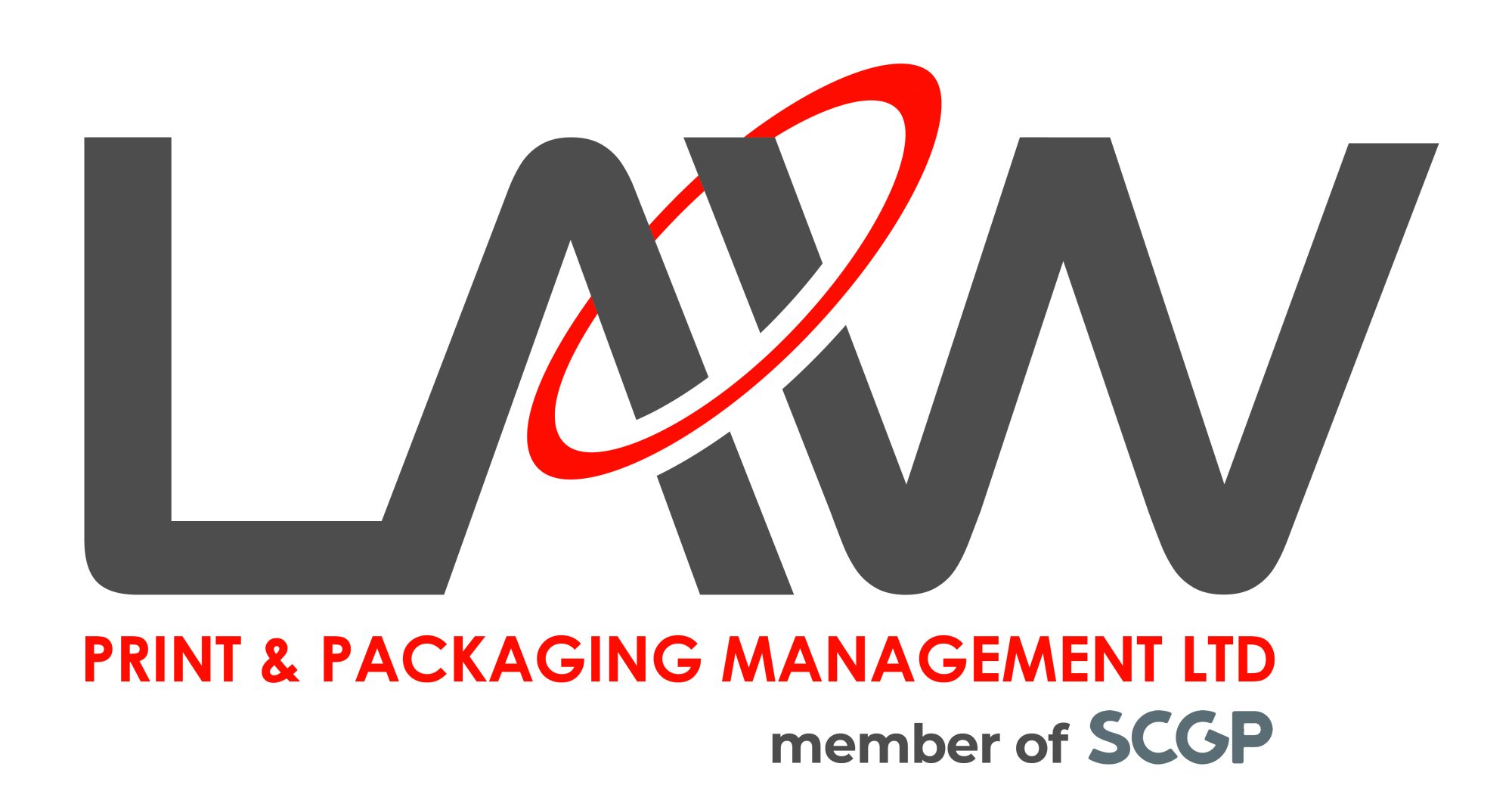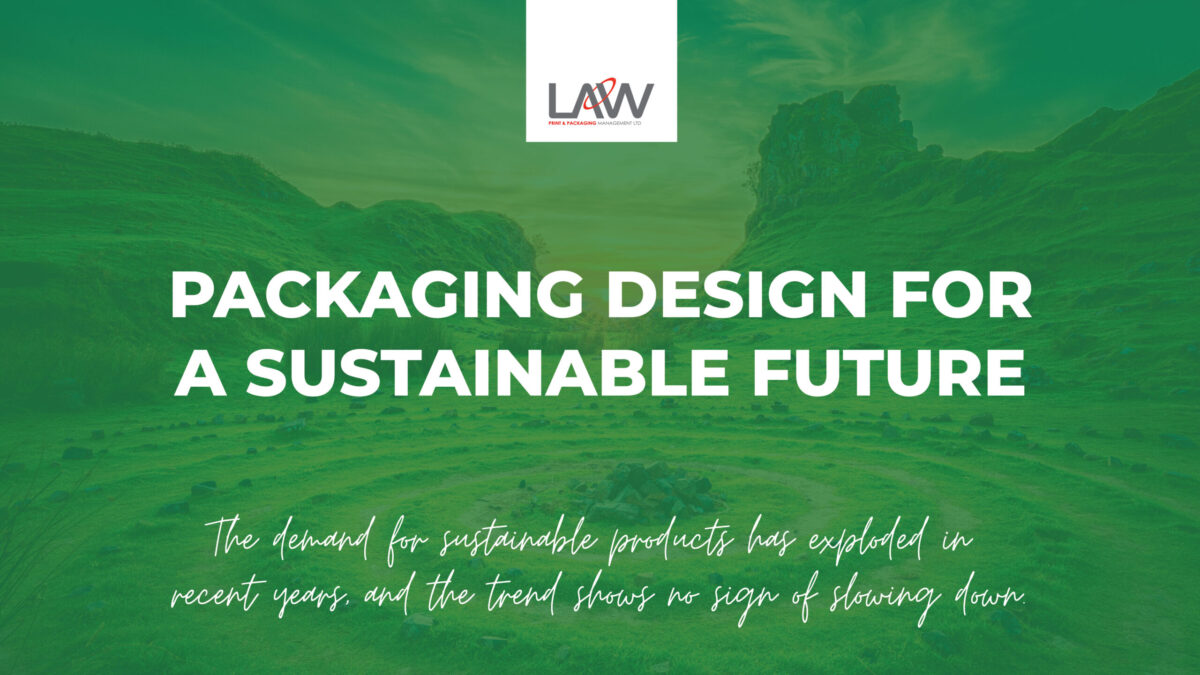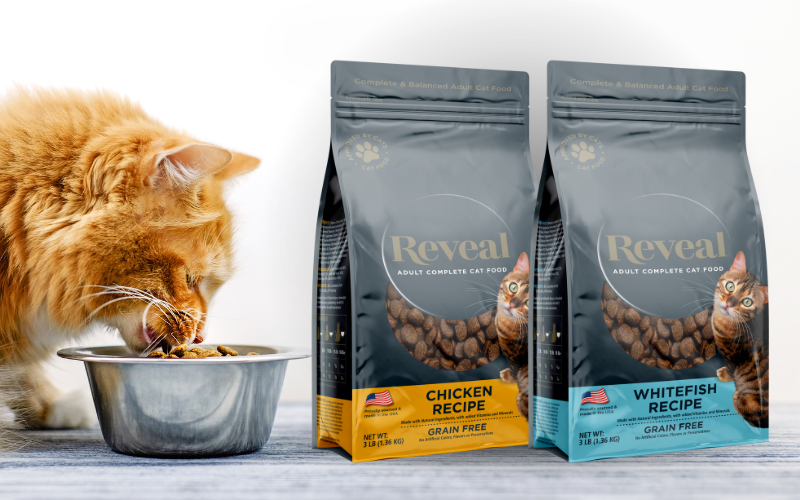The demand for sustainable products has exploded in recent years, and the trend shows no sign of slowing down. The great news is that brands and packaging designers are primely positioned to make a positive impact.
Sustainable design means designing for the future instead of right-this-instant. There’s a lot to think about, including what materials your packaging should be made from. But, fear not; we’re here to help.
When working on a new project, both brands and packaging designers can advocate and design with “greener” materials. As a result, they can develop products that minimise waste and energy consumption.
Although there are many sustainable options, including our Ready2Recycle packaging, we should keep all of our options open. Even switching from glass, for example, to conventional packaging is enough to reduce your footprint dramatically.
However, moving back to the initial design, producing packaging with sustainability in mind can make a huge difference.
Your business and product designers have much power to make choices that positively impact our environment – and by extension – us.
Here is a list of things you should be thinking about when it comes to the whole process:
- Optimise the product lifecycle
- Design for disassembly and plan for your product’s next life
- Choose materials that are abundant and sustainable
- Make recycling part of your design strategy
- Avoid materials that increase pollution

Design for Sustainability’s Sake
One of the most productive ways to design products is to think beyond the product itself and optimise the product’s entire “lifecycle.” Each product goes through a lifecycle of at least four phases:
- Manufacturing
- Transportation
- Use
- Disposal
Each of these offers opportunities to create or minimise waste and consume or save energy.
We can help with the manufacturing aspect. We have different formats you can take advantage of and various options that can help to extend the shelf life of a particular product.
Each time you create new packaging for a product in your line, you can tweak each aspect and set a precedent for future guidelines within your company.
Doing so creates a sustainable practice within your process which means that you’re automatically completing sustainable tasks each time you introduce new packaging.
The packaging you use can also affect the transportation logistics throughout the entire chain. For example, flexible packaging can reduce the overall need for fossil fuels, greenhouse gas emissions and water use by 13% over time.
Disposing of flexible packaging, especially recyclable packaging, is picking up the pace throughout the UK and beyond. Supermarkets are now setting up specific drop-off points for soft plastics, which can significantly reduce the amount that heads to the landfill.
Choose Greener Materials
The most obvious way to design a more sustainable and eco-friendly product is to choose “greener” materials.
However, while plastics have always been villainised and continue to be, at Law Print, we’re actively trying to dispel some of the bad press surrounding plastic by championing its many benefits, which include.
- Decreased food wastage
- Increased lightweighting – less space and power needed to transport
- Resistant to water and other contaminants
- Less wastage is created when manufactured
Companies should shout all these benefits from the rooftops. Flexible packaging is a considerable player in sustainability, but many brands are put off choosing plastic by the constant pressure from misinformation floating around in the media.

Overall, the way to design for a sustainable future is to be thorough and honest when researching your next packaging project. The only way to know if you’re fully able to commit to a particular packaging format is to speak it over with one of our sales team members.
If your brand is looking to learn more about designing for a sustainable future, we will guide you through the entire print process. Providing recommendations along the way to improve efficiency, reduce costs and add untold value to the end product.


